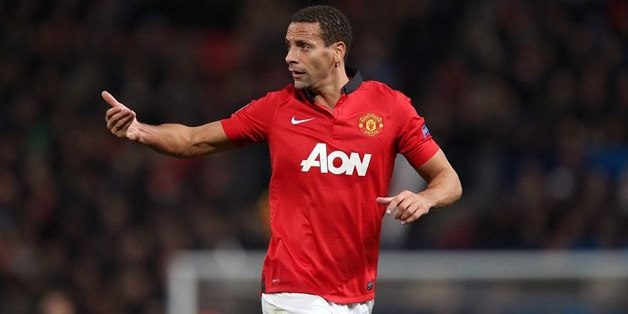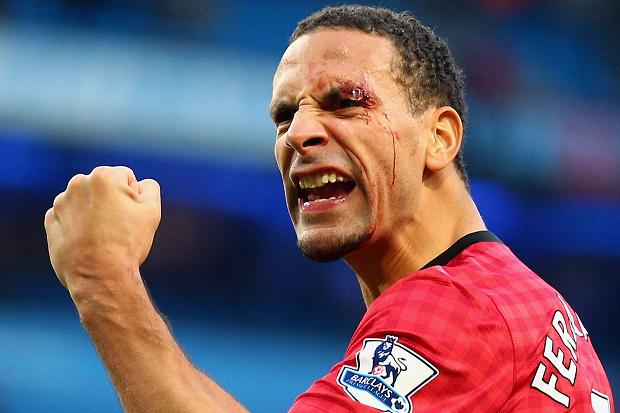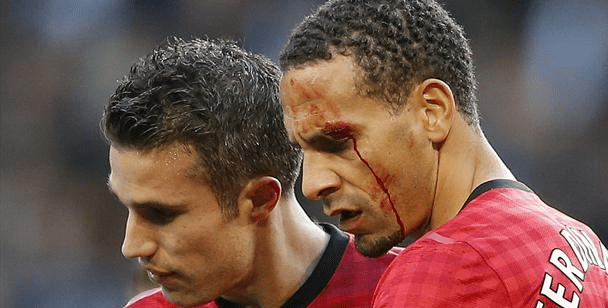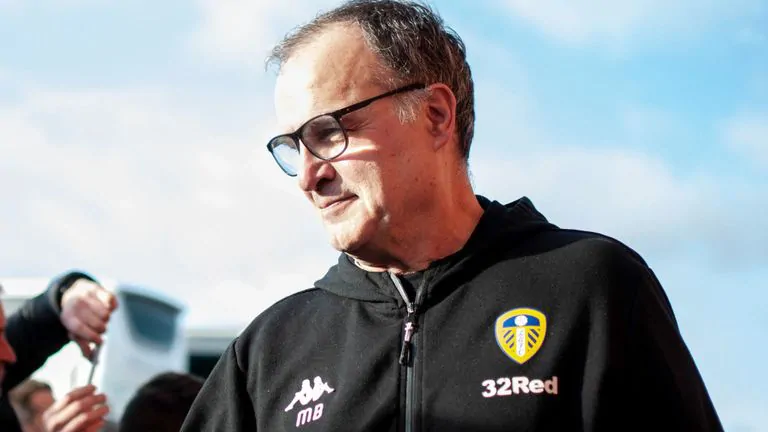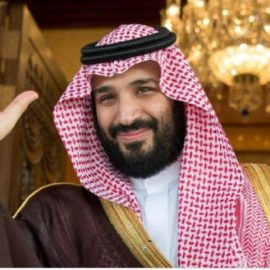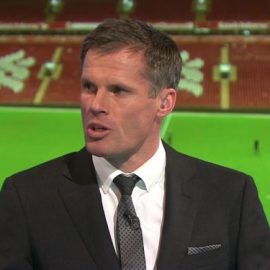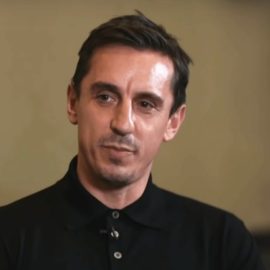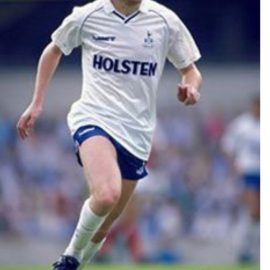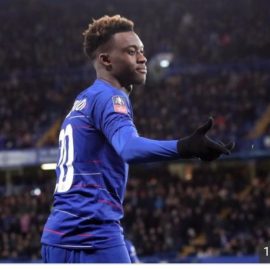12 months ago, 87 minutes into Sir Alex Ferguson’s final game in charge, Rio Ferdinand hammered a shot into the Old Trafford net which lifted the stanchion from the turf, and just a few minutes later celebrated winning his sixth Premier League title. It was a fitting end Ferguson’s tenure – Ferdinand’s swansong has not been nearly as perfect. His last season has been difficult and it is a shame that it had to finish like this, at the end of such a disastrous season for the club.
By his own admission, Rio Ferdinand has not been able to end his United career in the way he would have wanted. The 35-year-old started only 14 games under both David Moyes and Ryan Giggs in a final season blighted by a lack of fitness and some laboured performances. In his statement Ferdinand said he had “decided the time is right for me to move on” but it has become evident that Manchester United declined to offer him a new contract.
Nevertheless, Ferdinand has been a staple of United’s dominance of the past decade. Signed from Leeds in 2002 for £30 million, a record for a defender at the time, he embodied the new athletic breed of centre-half who combined size and strength with a remarkable pace. Tribute videos on YouTube show how, at his peak, he was able to cover ground at a blistering rate to shut down strikers, supplementing speed with powerful tackles. “I feel so fortunate to have played with him rather than against him,” Cristiano Ronaldo told United’s official website in prior to Ferdinand’s testimonial last August.
Although his presence waned in later years as chronic back problems began to surface, the image often springs to mind of Ferdinand shouting and pointing in one direction or another – this communication was key to his organisation of what was a highly stingy back four at times for United over the past few years.
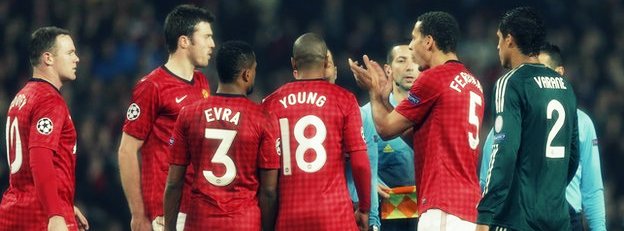
“Because he was so vocal, it was easy to develop an understanding and his partnership with Nemanja Vidic is still one of the best in Europe,” John O’Shea said last year. “Leadership became a huge part of Rio’s game and towards the end of my time at United, his influence was clear to see. The likes of Giggsy, Scholesy and Gaz Neville were still there, but Rio had witnessed what they did for him and wanted to do the same for others. Jonny Evans is perhaps the best example of somebody who has benefited from that.”
Strong defensively but also a threat moving forward, Ferdinand’s comfort and composure on the ball was so valuable to Ferguson that he was asked to deputise as a midfielder on a number of occasions, partnering Wayne Rooney against Wolves in 2006. His range of passing was that of a midfielder and he was dangerous advancing from defence, head up, ready to pick out a releasing pass. This ability to forage ahead may also have diminished as time went on, but it was a often a key element of United’s ability to attack from multiple positions at their peak.
Not that the 12 years have plain sailing, of course. The 8-month ban for missing a drugs test in 2003 may have been seen as overly harsh by some but the photographs of the defender shopping when he should have been at the test reflected poorly on him. It led to an aggressive dispute between his club and country and Ferdinand was forced to miss Euro 2004. It was never career-killing but it was certainly a low point – as was when he was forced to apologise for casually using a homophobic slur on Radio 1 in 2006. During the John Terry/Anton Ferdinand affair, he was fined for referencing the ‘choc-ice’ phrase. But Ferdinand’s transgressions could arguably be seen as little more than errors of judgement rather than anything more dramatic, and his abilities as a footballer for Manchester United will be remembered above all else.
What the future now holds for Ferdinand is unclear. He is understood to be considering the MLS, and will most likely field offers from the Middle East and China. A return to his old manager Harry Redknapp at QPR may be an option (Anton has since left for Turkey) and a role at another Premier League team may also be on the cards but is probably not the preferred option. Wherever he decides to go next, he has cemented his legacy among Manchester United fans as a consistently strong leader for the club on the pitch and loyal subject away from it, who in his lean years was a formidable opponent for even the most powerful of forwards.
Add Sportslens to your Google News Feed!
